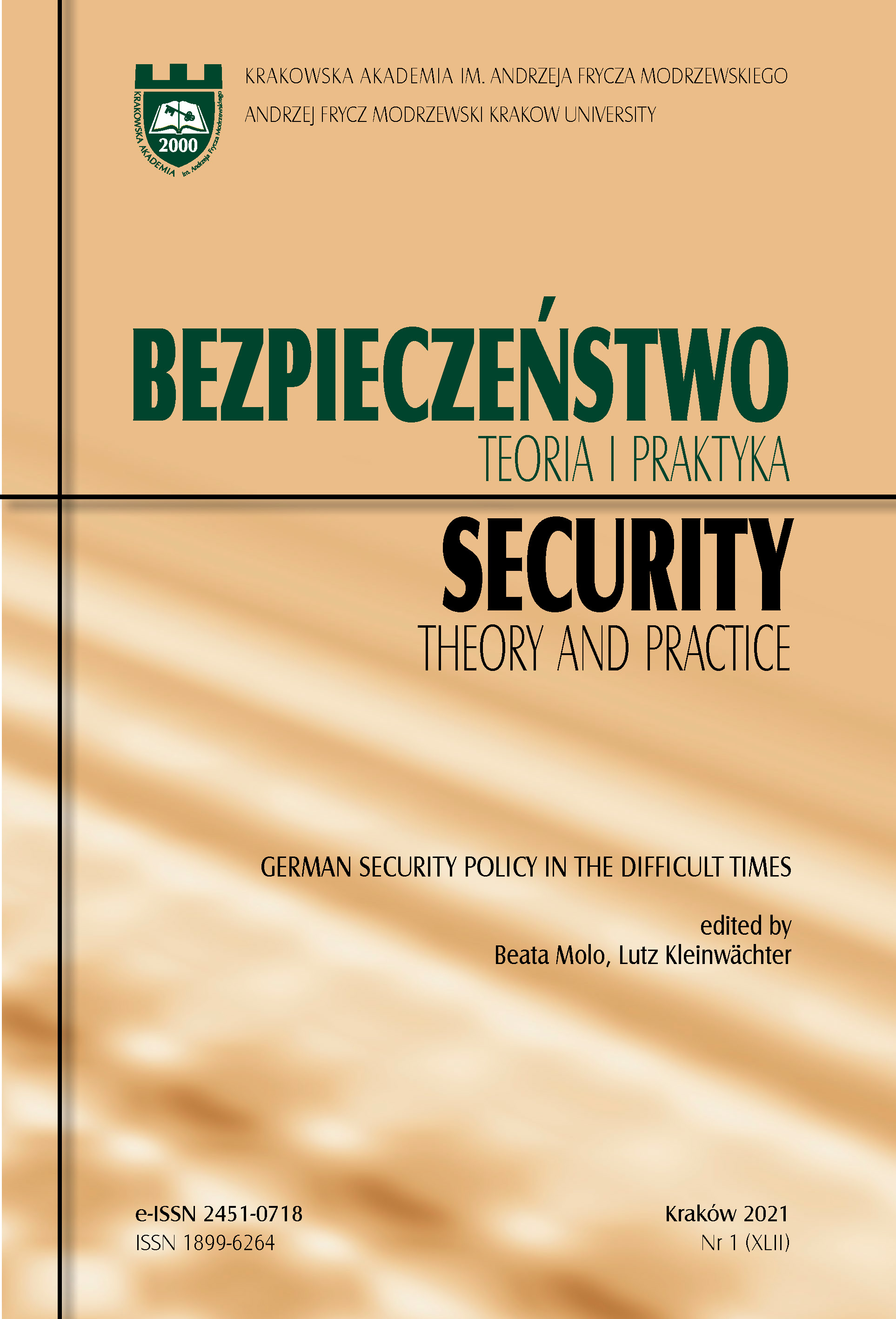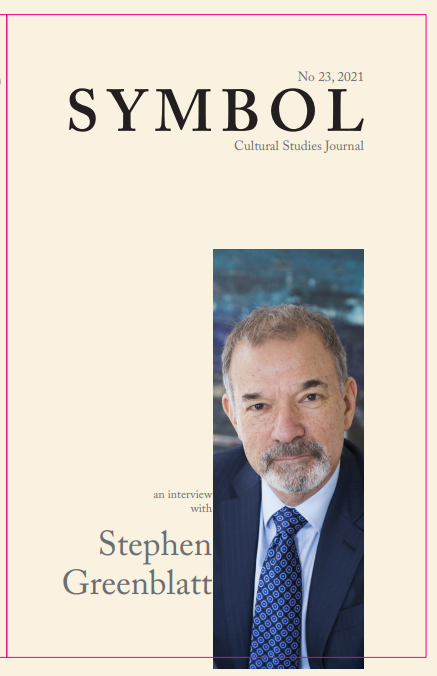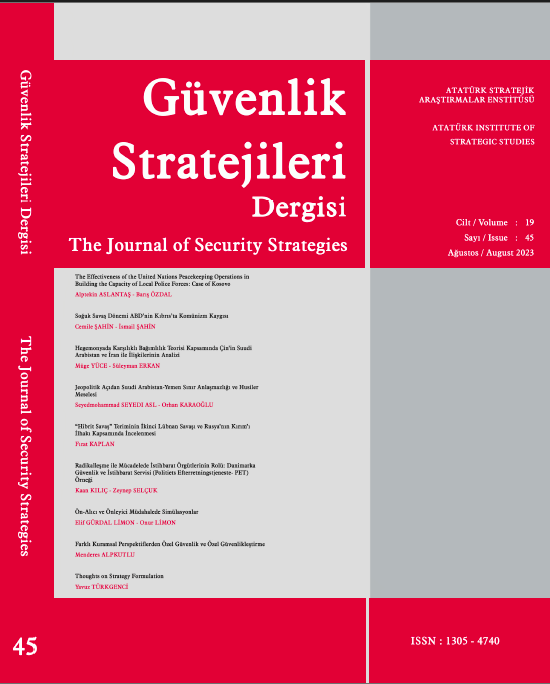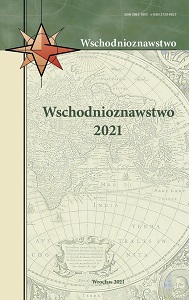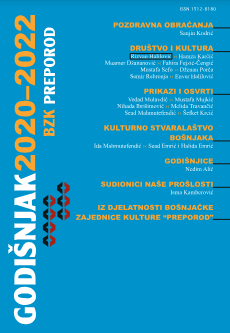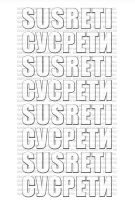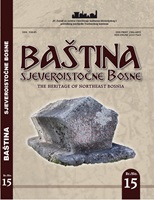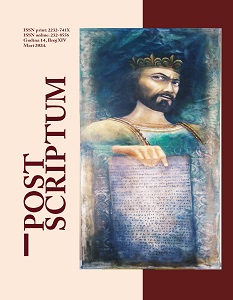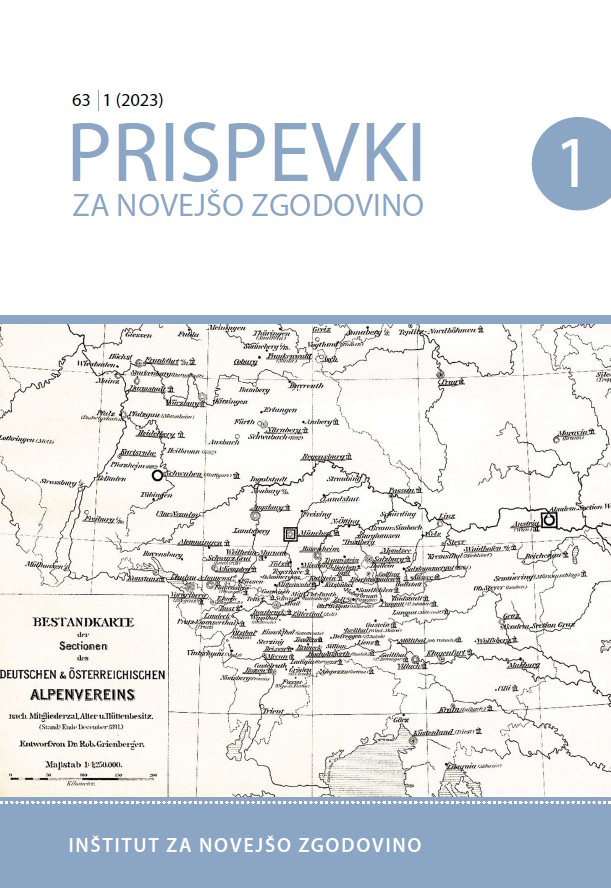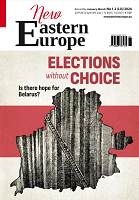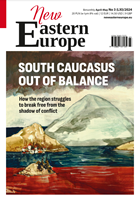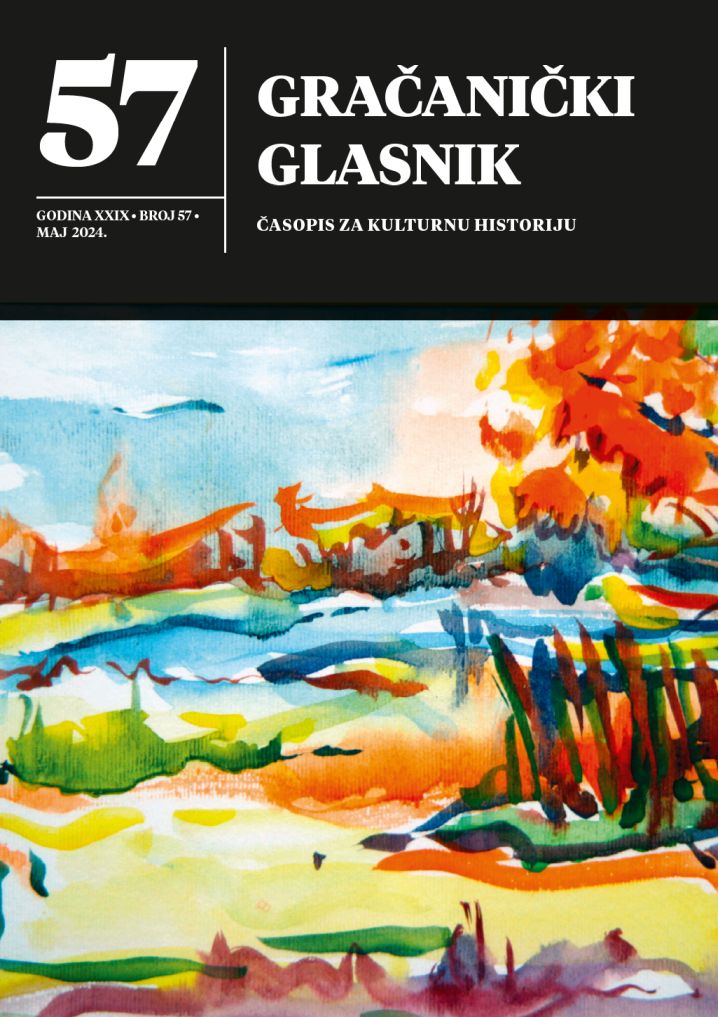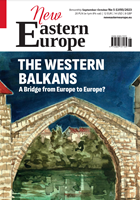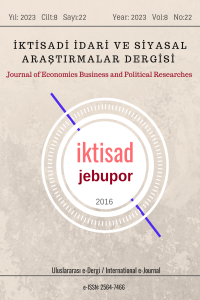Author(s): Sabit Syla / Language(s): Albanian
Issue: 03-04/2020
The Operational Zone of Shala (further: ZOSH) covered the northwest region of Kosova and was bordered with: the Operational Zone of Llap on the northeast, Serbia on the north and northwest and Operational Zone of Drenica on the south. The ZOSH headquarter was located at the village Ashlan. The ZOSH consisted of two brigades: Brigade 141 and Brigade 142. The first Kosovo Liberation Army (further: KLA) unit, consisting of eight soldiers, appeared publicly in Shala region, respectively in Zabergja village in the spring 1998. The commander of ZOSH was Rahman Rama. In addition to mentioned brigades the ZOSH had its Special Unit and a Unit of Military Police. The ZOSH Brigades, within its area of responsibility, as a tactical formation, was structured in following line: battalions-companies-platoon-teams, etc. There were several lines of weapon supply to this Zone. Weapons came mostly from Bosnia, later from Albania, but even from Serbian military stores during the fighting or raids. The KLA of ZOSH was financially supported by Albanian western diaspora, by local people, political subjects, associations, etc. The KLA in Shala of Bajgora was a structured formation, but was also restructured. The restructuring was made in compliance to the decision No. 442-7/662, issued by KLA General Headquarters on 19.11.1998 in Prishtina. The intensity of military actions against the Serbian occupying forces during the years 1998-1999 prevailed in several broad frontal lines in the ZOSH. The most distinguished actions to be mentioned were: fighting in the villages Pantina and Frasher, the Battle at Mazhiq village, the Battles at Majdan, Melenica, Ashlan and Vaganica village; the fighting along the frontal line: Rahove-Cenaj-Majdan-Melenice-Trepcali-Mazhiq-Rashan-Pasoma; fighting in Skroma-Ceceli-Dumnice-Samadrexha; fighting along Qiqavica village: Bukosh, Liqe, Balinc, Dolak, Pantina and Gurebardh village; fighting in Druar, Salq, Reznik, etc. The fierce fighting along the ZOSH lines resulted with over than 100 martyrs and 200 wounded KLA soldiers. According to Serbian sources, the Serbian forces suffered major losses combating directly with KLA. The ZOSH was also an important diplomatic site in addition to the military. On the 8 January 1999 seven soldiers and a Sergeant of Yugoslavian Army have been captured within the area of responsibility of this Zone. Those soldiers have been released in exchange to nine KLA soldiers, who had been captured on the night of 13-14 December 1998 at the borderline between Kosovo and Albania. This event transformed not only the ZOSH, but the entire KLA into a powerful political factor. The Serbian forces committed serious crimes in the ZOSH. The most known massacres were: in Studime - 2 May 1999; in city of Vushtrri - 22 May 1999; murder of eight females on 24 May.
More...
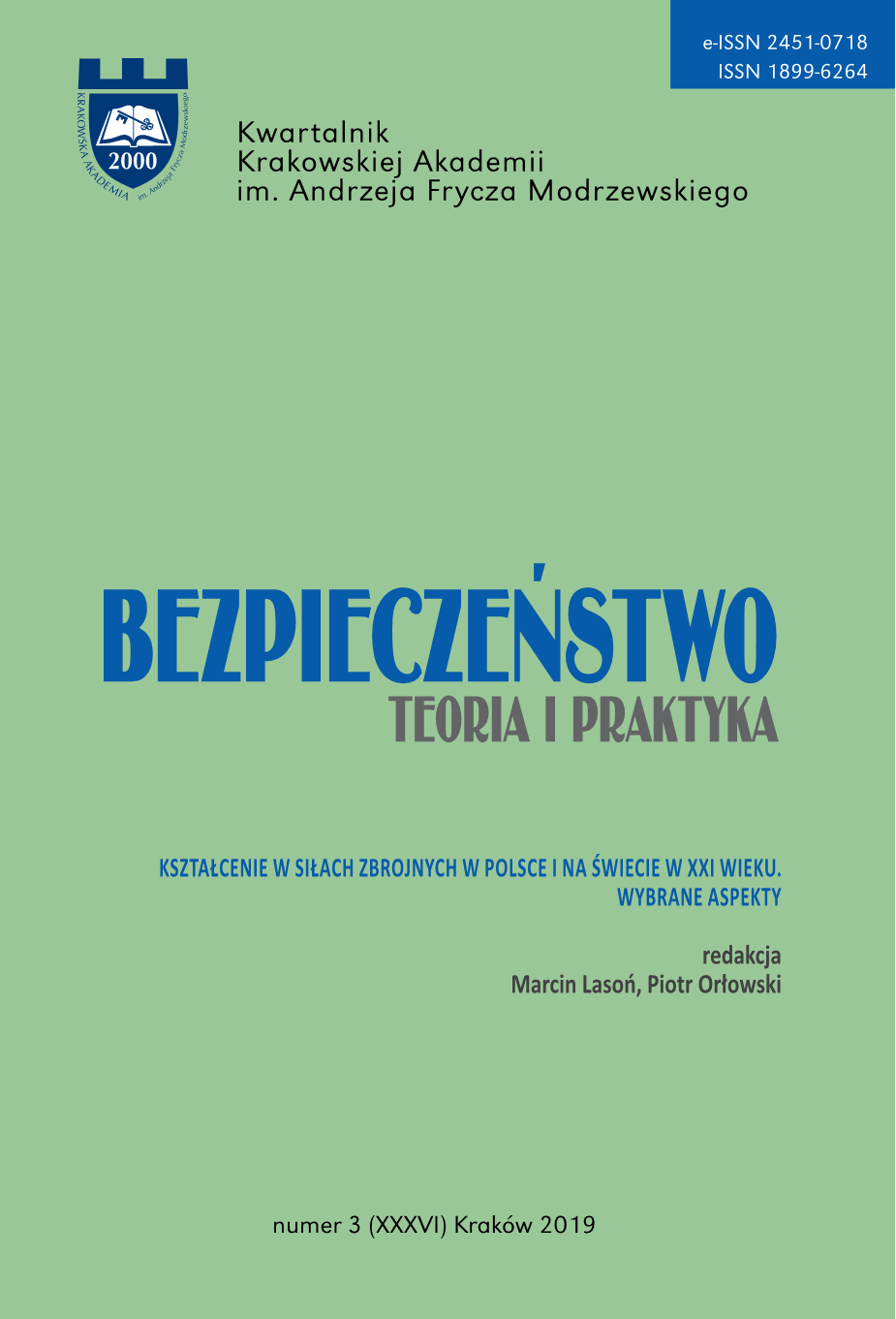

![Marek Waldenberg, Rozbicie Jugosławii. Od separacji Słowenii do wojny kosowskiej [Warszawa 2003, ss. 463]](/api/image/getissuecoverimage?id=picture_2004_53057.jpg)
